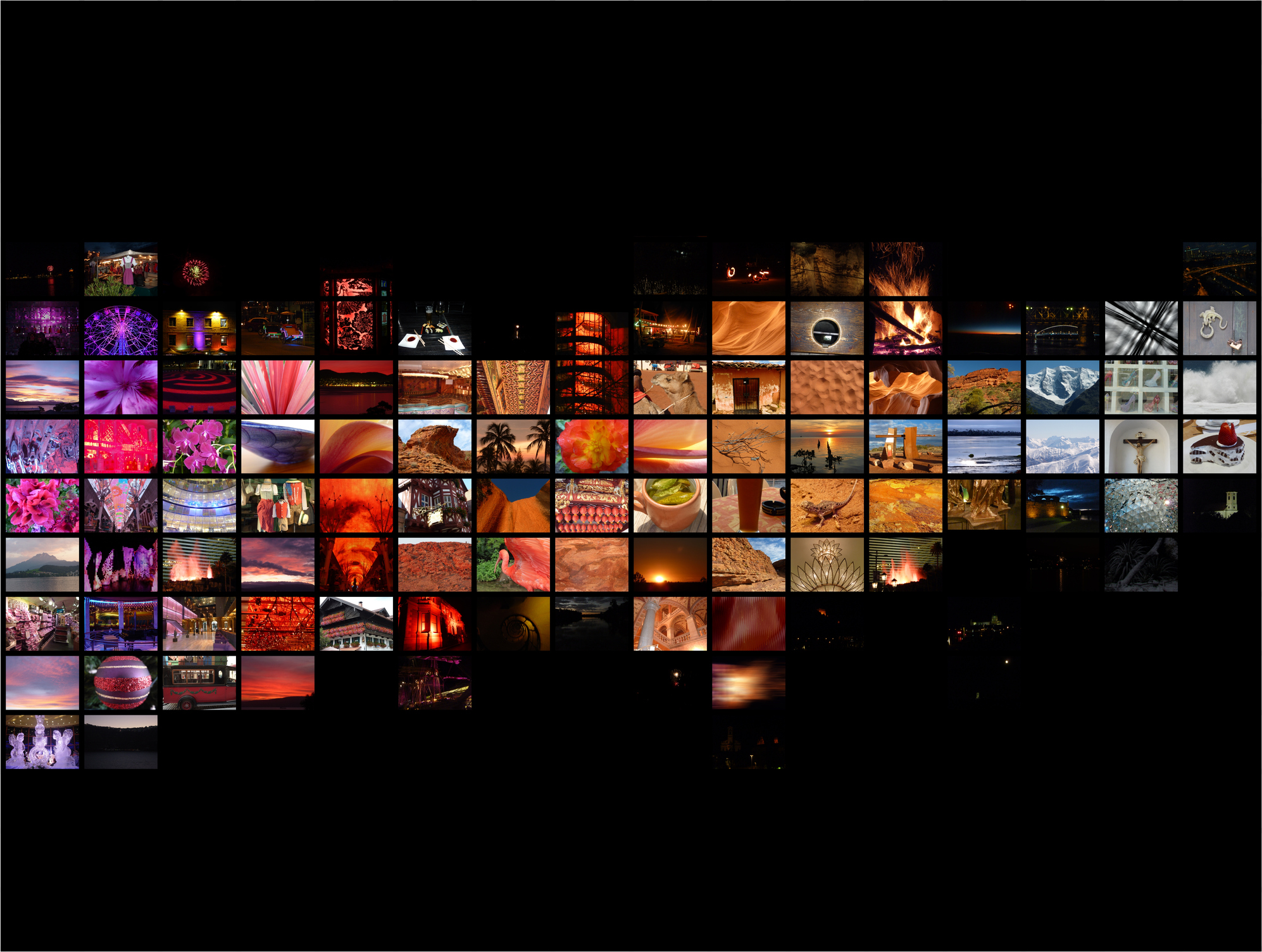A picture is worth a thousand…. dollars?! Whether you host a blog on your site that includes pictures or simply want to have some nice background images or headers for your web pages, unless you have created those images yourself, there is a risk you will receive such a demand letter. For many businesses and organizations, if you use images, it’s almost a guarantee you’ll encounter this at least once, and you may even find yourself the target of a copyright troll. This is not the internet troll of snarky or mean commentary. Copyright trolling is basically a type of extortion to get retro-active licensing fees for photos/images. Trolls use proprietary image software, including bots to crawl the internet and look for images. I’ve even seen these tools flag unpublished webpages. There are lawyers and law firms who have become notorious copyright trolls, and there are a number of non-law firm entities that purport to resolve copyright claims on behalf of photographer clients.
Realize that not every demand letter concerning an image is coming from a troll. Images are very easily *stolen, even from the very websites that offer them for sale/licensed download, and photographers and artists are sometimes forced to approach the website owner to try and recover license fees retroactively–in other words, what the website owner should have paid to use the image in the first place.
It’s also important to recognize that “stealing” is a bit of a harsh characterization. Copyright law is difficult to navigate and most people don’t understand it well enough to stay out of trouble, but it’s a bit of a stretch in the majority of cases to say that they meant any harm to the photographer and intended to steal the work. Copyright infringement doesn’t require an intention to steal, nor does it necessarily mean the work was stolen either. Infringement is a broader concept that can even cover situations where someone made something themselves, but it’s too close to the other artist’s work. For purposes of this article, we are looking at situations where the infringer did use the photographer’s work, such as displaying on a blog article or business website, but is not reselling or licensing it to third parties.
Demand Letters
There are essentially two types of demand letter. The first type is seeking to have the image removed from the website owner’s site and will direct the website owner to “cease and desist” all use and distribution of the image, including a direction to destroy any copies in the website owner’s possession. This type of letter functions essentially the same as a takedown notice submitted under the DMCA, or through a platform’s complaint form (think websites such as Facebook, YouTube). The second type of letter will include the same cease and desist demand, but it will also demand money from the website owner. The letter may refer to the money as “retro-active license fees” or, more commonly, as “damages” which will be paid in exchange for a release (a promise that the other party won’t sue the website owner over the use of this image). Interestingly, the first type of letter is commonly used by photographers who are enforcing their copyrights themselves and recognize that the website owner’s use was possibly unintentional, not malicious, and probably didn’t generate a profit (if the website owner is selling the artist’s work, that would be a different case entirely). The second type of letter is what a copyright troll always uses, as their interest is not merely in preventing harm to the artist by having the image removed, they are hoping to collect money which they share with the photographer.
You can also receive either type of letter due to content on sites that you don’t own, but where you control a page or feed, such as social media. For instance, we’ve had clients receive letters over content on Tik-Tok, Facebook, and even for quoting a snippet of a book on Twitter.
If you receive a demand letter, even if you think it’s from a copyright troll, it’s important not to ignore it. It’s best to get in touch with an attorney ASAP, because you’re now in the position of a defendant in a potential copyright infringement case, and you want to tread carefully in how you deal with the situation.
How You Can Avoid Accusations of Copyright Infringement
It’s important to be pro-active and protect your business or organization from potential copyright disputes. Being careful to obtain images with proper permissions for your type of use (for instance, commercial) from a reputable source will keep you out of trouble most of the time. Creating your own content is always a good plan if you can afford to produce it. If you’re sourcing content from third parties, be sure to read the license terms carefully. Our firm’s marketing department recommends iStock and Canva. Free images tend to be a bad idea because you can’t be sure they were properly made available to you in the first place. For example, images that come up when you search Google Images are not licensed for your use. It’s also not recommended to use memes in your advertising. Take your time in obtaining and clearing content; it’s well worth avoiding the expense of dealing with an infringement situation.
If you have any questions, please reach out to attorney Alexandria Mueller at 952-746-2135 or [email protected].


